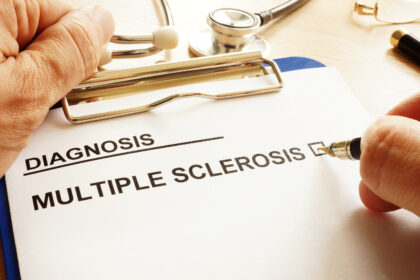Do Sleep and Eating Disorders Affect Mental Conditions?
Sleep and eating are two of the most basic human necessities. Without these two necessities met, the body and mind cannot properly function and will always be operating in a subpar fashion (Barlow, 2014). The therapist approach in both videos are somewhat similar in that they focus a lot on historical values of the disorders experienced by the patients. They also spend ample time on the actual triggers for each patient. Both patients appear to have underlying contributing factors which most certainly can contribute to sleep disorders.
The first video includes significant focus on the p factors (predisposing factors, precipitating factors, and perpetuating factors (American Psychological Association I, 2011). Stimulus control is one of the easiest and most direct ways to treat sleep disorders and Dr. Stepanski is keen to suggest these techniques as well (2011). Controlling stimuli control is one of the most effective ways to help improve sleep quality (Edinger, 1988). The general PTSD which Dr. Stepanski’s patient suffers is an important contributing factor to the suffered sleep disorders.

The second video involved a heavy weighted experience on the patient’s end, with the patient having a surplus of connectivity knowledge about very appropriate treatment techniques, such as Cognitive Behavioral Therapy (CBT) (American Psychological Association II, 2011). Dr Wilson (2011) was also able to determine in the interview process that his patient suffered other ailments as well (such as chronic depression). The flawed thinking is another concern with the patient, resulting in a compounded mental problem that at least partly contributes to the suffered disorders.
While both patients are suffering different end ailments (sleep versus eating disorders), it is clear their contributing factors draw a similar parallel. The interviewing process and treatment protocols are somewhat similar, with heavy attention paid to contributing factors, triggers, and behavioral adjustments. It is systematically appropriate in both cases to apply a treatment plan which allows the patient the opportunity to adapt their behavior to produce different outcomes. It is also possible to treat underlying issues which have aided the development of the primary concerns. Techniques such as journaling one’s eating habits has proven to be very successful in seeing real changes in a patient (Wieland, 2019). Ultimately it is not too difficult to attain a
References
American Psychological Association, I (2011). Breaking a Long-Term Pattern of Poor Sleep. APA PsycTherapy. https://doi-org.ezproxy.liberty.edu/10.1037/v00007-001
American Psychological Association II, (2011). Cognitive-Behavioral Therapy for Problems With Binge Eating. APA PsycTherapy. https://doi-org.ezproxy.liberty.edu/10.1037/v00179-001
Barlow, D. H. (2014). Clinical handbook of psychological disorders, 5th ed. New York, NY: The Guilford Press. ISBN: 9781462513260.
Edinger, J. (1988). Treatment of sleep-maintenance insomnia in older adults: Sleep period reduction, sleep education, and modified stimulus control. Psychology and Aging., 3(3), 258–263. https://doi.org/10.1037/0882-7974.3.3.258 Wieland, D. M. (2019). Food Addiction: A New Mental Health Disorder? Journal of Psychosocial Nursing & Mental Health Services, 57(12), 3-5. http://dx.doi.org.ezproxy.liberty.edu/10.3928/02793695-20191112-01




